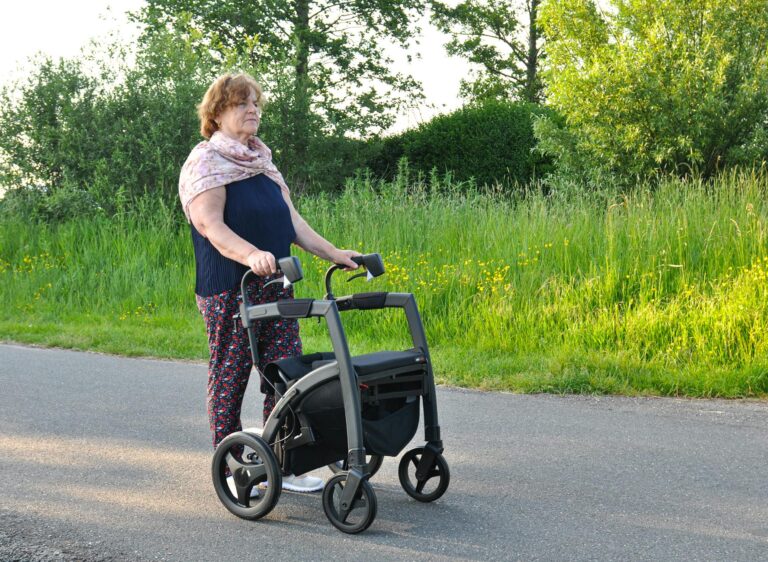Portrait photography, the art of capturing a person’s likeness through a photograph, has gained immense popularity in recent years with the rise of social media and the constant need to curate one’s online presence. But beyond just being a trendy hobby or a means of self-expression, portrait photography has the potential to impact our social skills and cognitive function in profound ways.
The act of taking a portrait photograph requires us to connect and interact with another person, whether it be a professional model or a close friend. This interaction helps us develop crucial social skills such as communication, empathy, and observation. Through the lens of a camera, we are forced to pay attention to details like body language, facial expressions, and emotions – all important cues that are essential for effective communication and forming meaningful relationships.
In today’s fast-paced world where most interactions are done through screens, portrait photography serves as a valuable tool for improving our face-to-face communication skills. It teaches us to be present in the moment and truly engage with the person in front of us. This is especially important in a society where people are becoming increasingly disconnected from each other due to the constant distractions of technology.
Moreover, portrait photography also has the power to boost our self-awareness and self-esteem. As we capture the unique features and personalities of our subjects, we also learn to appreciate our own individuality. This can be a powerful confidence booster, especially in a world where beauty standards are constantly evolving and often unattainable.
But the benefits of portrait photography do not just end at improved social skills and self-esteem. Studies have shown that engaging in artistic activities can have a positive impact on our cognitive function. Creating a portrait photograph involves critical thinking, problem-solving, and decision-making skills. From selecting the right lighting and background to directing the subject, every step requires us to think creatively and make conscious choices. This not only sharpens our cognitive abilities but also encourages us to think outside the box and come up with unique ideas.
Furthermore, the process of editing and post-processing a portrait photograph can also have a positive effect on our cognitive function. It requires us to pay attention to detail, be patient, and have a good eye for aesthetics. These skills can transfer to other aspects of our lives, such as work or daily tasks, improving our overall cognitive abilities.
In addition to its impact on social skills and cognitive function, portrait photography also has the potential to create social change. Photographs have the power to tell stories and evoke emotions, and portrait photography is no exception. It allows us to capture the essence of a person and share their story with the world. This can be especially impactful when it comes to raising awareness about social issues and promoting diversity and inclusivity.
On a personal level, portrait photography can also serve as a form of therapy. It allows us to express ourselves and convey our emotions through art. The act of being behind the camera and creating something beautiful can be therapeutic for both the photographer and the subject. It can also serve as a means of self-discovery and self-expression, providing an outlet for our thoughts and feelings.
In conclusion, portrait photography is much more than just a hobby or a means of capturing a perfect Instagram picture. Its potential impact on our social skills, cognitive function, and overall well-being is significant. By engaging in this art form, we not only improve our communication skills and self-esteem but also gain a deeper understanding of ourselves and others. So next time you pick up a camera to take a portrait, remember the potential power it holds in shaping our minds and society.





